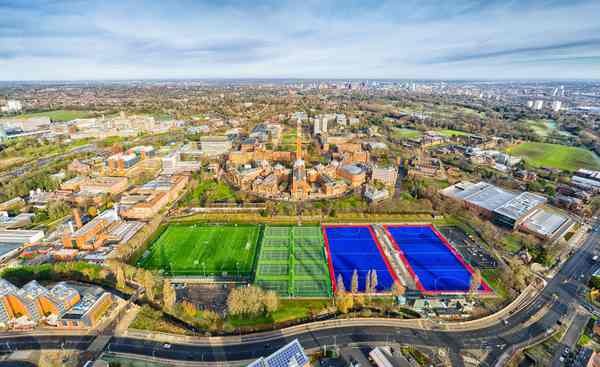How Is The Commonwealth Games Carbon Legacy Being Monitored?

As the Commonwealth Games is well underway, the official smart environments provider, North, has deployed smart technology across different locations around event venues. Housing Industry Leaders looks at how the technology monitors the Commonwealth Games’ carbon-neutral legacy.
Air quality monitoring technology has been deployed across the 2022 Commonwealth Games host city of Birmingham with the aim of helping the event achieve a carbon-neutral legacy.
Using IoT solutions and services provider North, they have designed and deployed smart technology at critical locations around event venues and across the wider city.
To monitor the success of the carbon-neutral legacy created for the Commonwealth Games, It will measure, monitor and capture data on air quality conditions before, during and after the event, which runs from 28 July to 8 August.
The Air Quality Index Will Be Calculated Through Various Factors
North will use its low-powered, long-range network and air quality sensor-based managed service to record factors including CO2, temperature, pressure and relative humidity, which will be analysed to calculate an air quality index (AQI).
Ensuring the sector shares best practices, North will share the insights with the University of Birmingham WM-Air team, who are researching the impact of the Games on air quality in the city
Adding to this, spectators are encouraged to use active travel and public transport, which is included within spectator tickets and will reduce the emissions of air pollutants. Including travel in the tickets is the ultimate way to encourage modal shift.
Building A Lasting Legacy Is At The Heart of The Games
It also builds a legacy for active travel and modal shift post-Commonwealth Games, as long as services run on time and provide an excellent incentive to use in the future.
Birmingham and the surrounding areas are expected to see thousands more people across the whole region. To ensure that all this data is captured, the sensors have been installed at areas of high footfall, including at main traffic routes and motorways, key marathon milestones, public transport stops, and at the entrances and exits of the main athlete village on the Birmingham Campus.
These projects and policies come after Birmingham 2022 set out a sustainability pledge to deliver the most sustainable Commonwealth Games in history.

